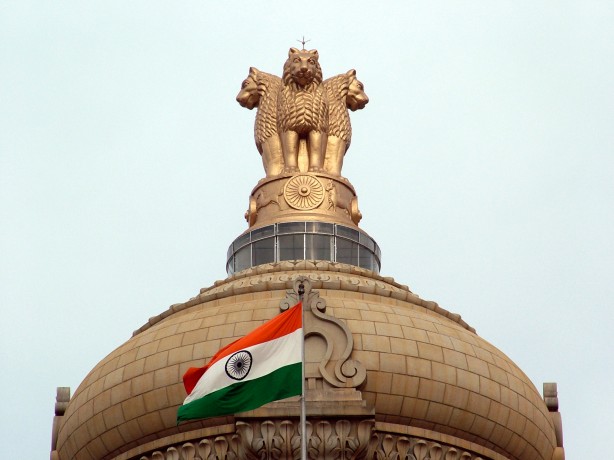Career in Government Jobs: What you need to know


'Get a Government Job and you'll have a secure life.' Not just the last generation, a lot of young people have also been given this advice at some point of time in their lives. While the private sector has expanded greatly over the last three decades, and there are considerable perks that corporates and other private sector opportunities offer, the fact is that India's craze for Government jobs only seems to be rising.
The Government of India (GOI) offers a wide range of jobs in the Government sector along with several benefits. From Teaching to Engineering to Finance, all these sectors and more are covered under Government jobs. The GOI announces several job openings each year in a variety of departments. This government employment, or Sarkari Naukri in standard Hindi, are essentially split into two categories, namely Central and State Government Jobs.
Types of Government Jobs
Government Jobs have been classified broadly into the following categories
Eligibility Requirements
If you want to take the UPSC or any other Government examinations, the first thing you need to do is look into the eligibility requirements. These examinations have similar qualifying requirements. It typically depends on three factors, which are:
How to get a Government Job?
Candidates who are interested in applying for government jobs can follow the given steps.
Step 1: Search for a Government Job that you are particularly interested in. For example, State Civil Services, SSC, Banking, etc.
Step 2: Check out the eligibility criteria and if you meet them, follow the next step.
Step 3: Apply for the job. Some Government Jobs accept applications online while some accept offline applications only. It is important to note the mode of application submission and proceed accordingly.
Step 4: Government job recruitment is usually carried out after an examination. Go through the exam pattern and syllabus for the job you have applied for thoroughly.
Step 5: Prepare a study strategy and follow it closely.
Step 6: Appear for the examination.
Step 7: Check the result.
While it sounds simple enough, countless cohorts of applicants will tell you that it is anything but. The recruitment exams are fairly vigorous and test the applicant’s IQ level, fitness for the job, physical fitness, etc. Hence, getting a Government job can mean putting in immense effort and being very patient.
Perks of Government Jobs
A Government job offers a number of benefits in addition to being secure and providing an opportunity to do something for one’s country. This includes certain benefits and allowances which may not always be available in the private sector. Check out some of these benefits below:
For better opportunities and job security, a majority of Indian people still choose government employment. It may not be an easy task to get a Government job but, once you have secured it, it is well worth every effort that you put in.